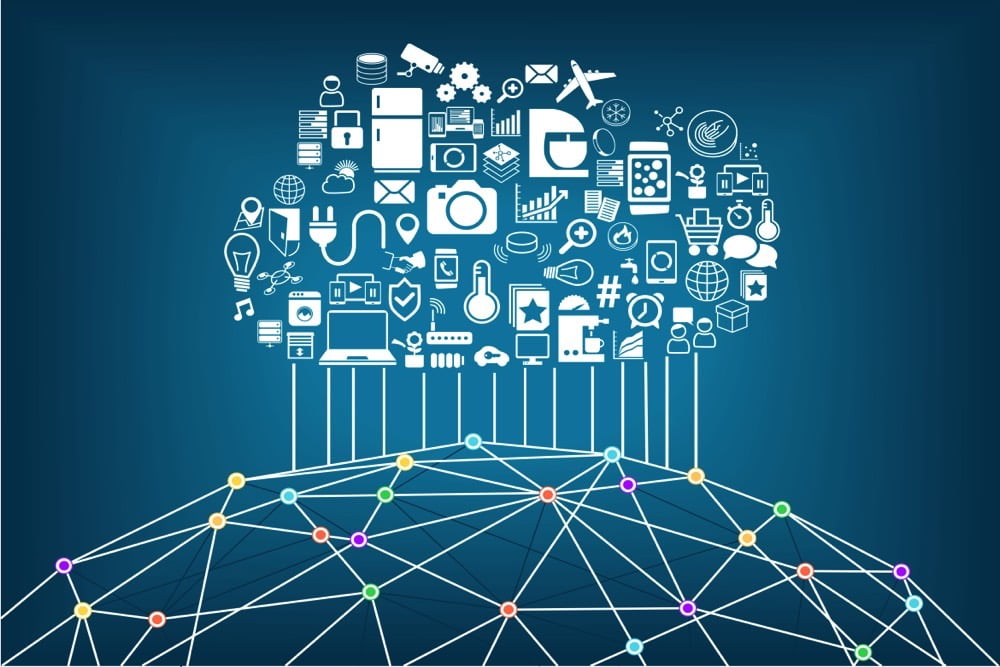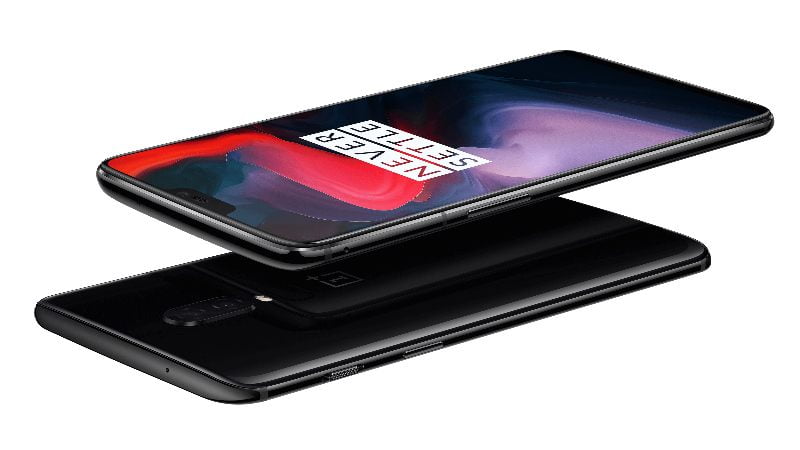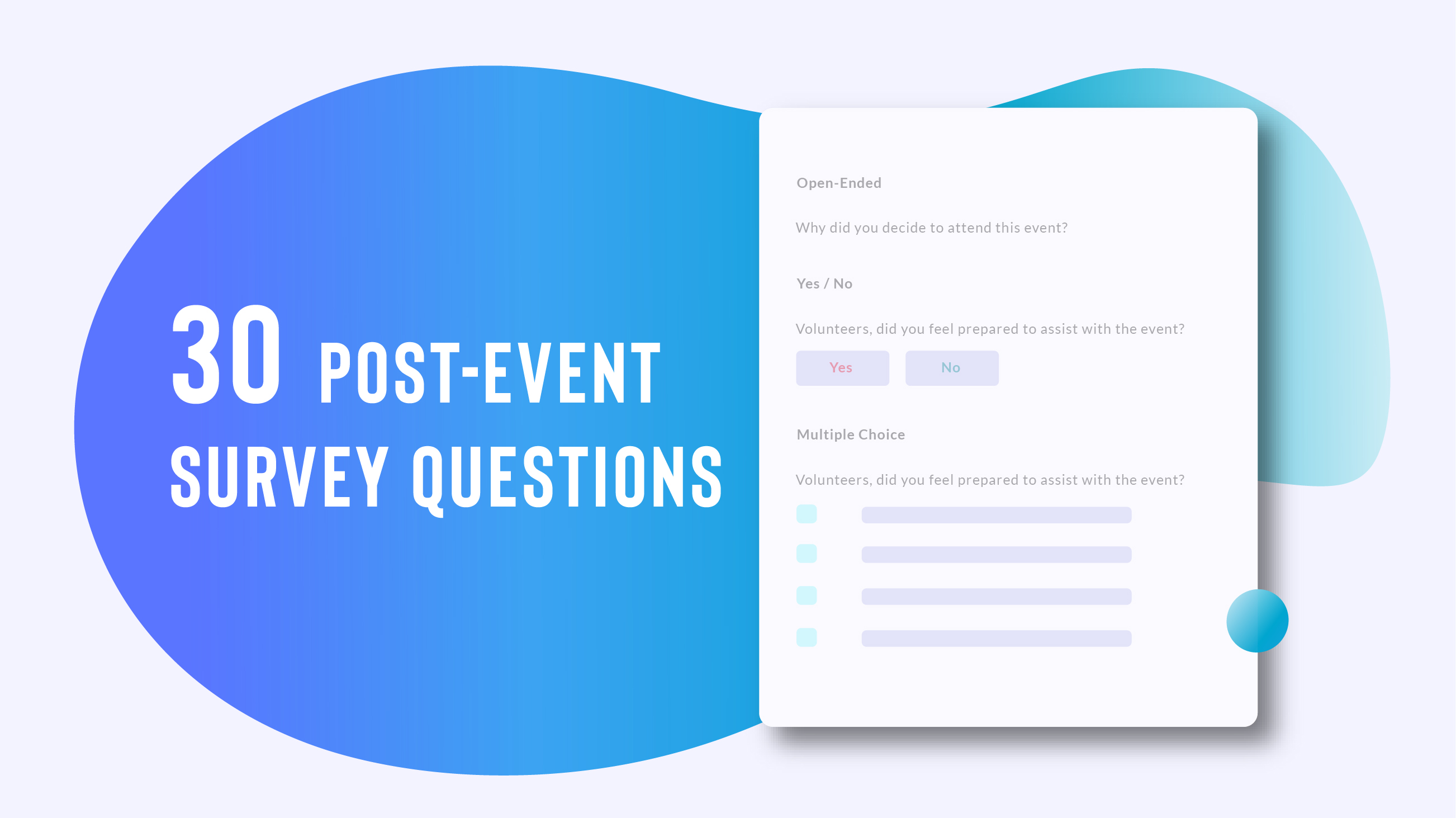

The releases have started out of Google’s I/O developer conference,
Google released Android Things on Monday (May 7) with the operating system integrating into products that are scheduled to go on sale by the end of summer.
Google built Android Things as an operating system for the web-connected refrigerators, electronics and other items envisioned as part of the Internet of Things. The early products to have that system include smart speakers and displays from such companies as LG, iHome, Lenovo and JBL, according to a Google developer’s blog from Dave Smith, developer advocate for IoT.
Other early uses of Android Things 1.0 include Byteflies, “a docking station that securely transmits wearable health data to the cloud,” Smith wrote, along with “a network of large photo displays driven by public photo booths in downtown Montreal.”
Concerns around the Internet of Things often revolve around how to keep the digital doors locked to criminals. Smith emphasized that one of the “core tenets of Android Things is powering devices that remain secure over time.” That largely means “timely software updates over-the-air,” Smith wrote. “Stability fixes and security patches are supported on production hardware platforms, and automatic updates are enabled for all devices by default.”
Google will earn money through Android Things not by charging hardware makers for using it, but as consumers with devices that run on the operating system “use search, watch videos on YouTube and buy content from its Play Store,” according to a report from Reuters.
The report noted that Google “has struggled” to win consumer loyalty for Android as the operating system moved beyond smartphones and into other areas. For instance, Android Automotive “is not yet deeply embedded in any cars,” the report said, adding that smartwatches represent other examples of Android gaining little pull outside smartphones.
The release of Android Things 1.0 follows a developer preview including over 100,000 SDK downloads, Smith wrote. Some 10,000 developers provided feedback about the new operating system.
Other developments however are expected out of the week – Android of Things is suspected to be merely an opening salvo.
The highlight feature on tap will be the release of the Android P, which is expected to be more of an update to the full overhaul that came with Android Oreo last year. According to reports, this year’s edition will be more focused on interface design improvements.
The bigger news is expected to come from the update on artificial intelligence (AI) coming out of Google soon, as the firm has spent much of the last 18 months talking up the power of AI to guide the company’s future. Google Assistant, Google Translate and Google Lens (Google’s object recognition platform) are all expected to get airtime today, particularly the highly consumer-relevant stuff like Google Lens.
Hardware may also get a bit of a nod during this part of the presentation, specifically the Tensor Processing Unit chips, which are central to the company’s specially-designed AI training systems. The purpose, according to reports, is to help accelerate the learning curve for its proprietary neural networks.
Google Assistant is also expected to get some updates, though new features to be added seem up in the air going into the I/O developer conference. There may be some new integrations for the Google Home suite announced as well, though — again — specifics remain short. Most experts are fairly certain that no new hardware will be taking the stage since Alphabet tends to prefer holding off on those types of rollouts until its Fall Pixel event.
[“Source-pymnts”]





